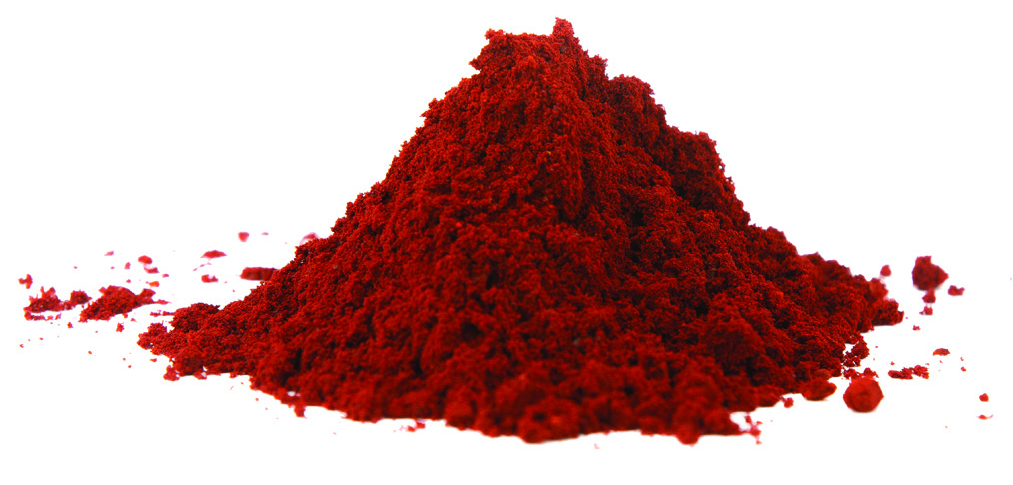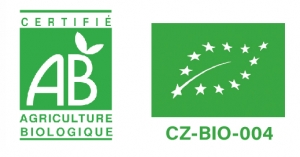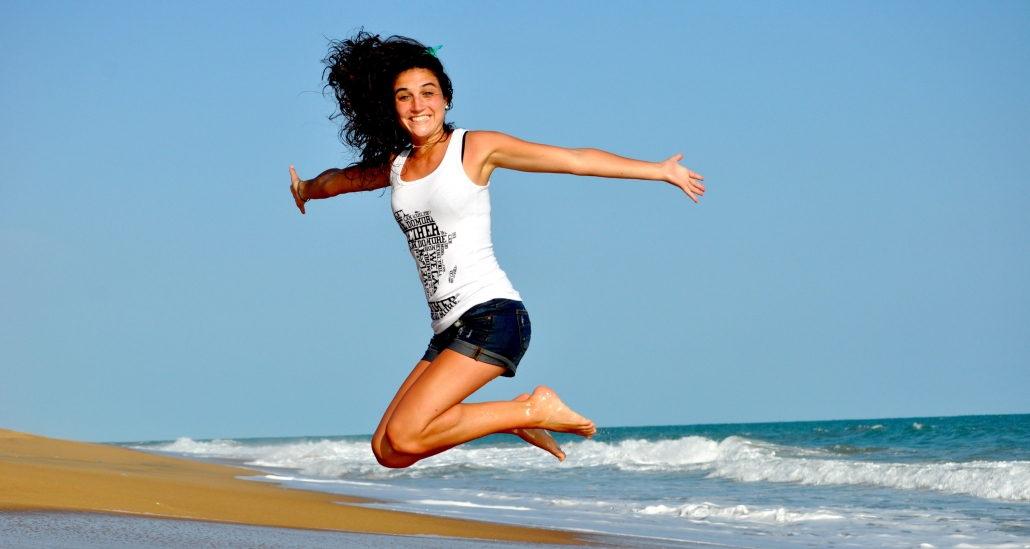Natural and organic astaxanthin by Seanova
Astaxanthin, an excellent antioxidant
Astaxanthin is a powerful antioxidant capable of trapping free radicals and protecting cells from oxidative stress. Unlike other antioxidants, astaxanthin has the ability to penetrate all parts of the body, including the eyes and brain.
It does not become pro-oxidant, unlike many powerful antioxidants that can, under certain circumstances, become pro-oxidant (vitamin E, β-carotene, zeaxanthin…).
The main natural source of astaxanthin is the alga Hematococcus pluvialis. This green microalgae is capable of producing a red pigment: astaxanthin. This occurs under stressful conditions such as high salinity, nitrogen deficiency, high temperatures and light.
Krill, crustaceans, salmon and flamingos feed on this microalgae, which explains their color from pink to red. Astaxanthin is a natural complex of components (astaxanthin with ß-carotene, lutein, canthaxanthin…) contained in algal biomass creating a synergistic effect that implies high bioavailability.
General effects of astaxanthin in the body
Astaxanthin, still relatively unknown nutrient, has been proven by many clinical studies to be very interesting for its multifold effects on human and animal health.
Among effects proved by clinical studies are:
- Increased endurance and strength, it promotes recovery from exercise, helps prevent muscle damage, prevents muscle and joint soreness which is highly appreciated especially in Sport
- Fostered brain health: Improves cognitive functions, prevents age-related cognitive functions deterioration (by exemple dementia, … ), fights with mental fatigue and confusion
- Immune system support, DNA damage reduction
- Overall eye health improvement: improves/prevents eye fatigue, dryness, increases blood flow, improves eye accommodation and depth perception, UV protection
- Cardiovascular system supporter
- Prevents skin ageing: reduces fine wrinkles, improves moisture, elasticity, UV protection
- Pain relief: regular intake decreases pain with no side effects
- Fertility in men: improves sperm quality and quantity
To date, there are no known contraindications, toxicity or side effects when taking astaxanthin.
Our products
- Oleoresin 5% or 10% – Natural Astaxanthin extract obtained by supercritical CO2 extraction (the purest form of extraction, no synthetic solvents used during such extraction)
- Powder 5% – Spray-dried algal biomass made of ecologically cultivated alga
The health benefits of both forms are considered to be comparable.
Recommended daily doses of astaxanthin
- Neuroprotection: 6 to 12 mg
- Immune defences: 2 to 4 mg
- Endurance: 4 to 12 mg
- Skin / ageing: 4 to 12 mg
- Vision: 4 to 8 mg
- Cardio: 4 to 18 mg
- Joint, muscle support: 4 to 12 mg
- Male fertility: 16 mg
Sources
- Gammone, Maria & Riccioni, Graziano & D’Orazio, Nicolantonio. (2015). Marine Carotenoids against Oxidative Stress: Effects on Human Health. Marine Drugs. 13. 6226-6246. 10.3390/md13106226.
- Capelli, Bob & Jenkins, Usha & Cysewski, Gerald. (2013). Role of Astaxanthin in Sports Nutrition. Nutrition and Enhanced Sports Performance: Muscle Building, Endurance, and Strength. 465-471. 10.1016/B978-0-12-396454-0.00048-5.
- Hongo H et al. Randomized controlled trial of the anti-fatigue effects of astaxanthin on mental and physical loads simulating daily life. Journal of Clinical Therapeutics & Medicines 32.7 (2016): 277-91. (Japanese)
- Iwasaki & Tawara, (2006). Effects of Astaxanthin on Eyestrain Induced by Accommodative Dysfunction. Journal of Eye (Atarashii Ganka) (6):829-834
- Fassett, Robert & Coombes, Jeff. (2012). Astaxanthin in Cardiovascular Health and Disease. Molecules (Basel, Switzerland). 17. 2030-48. 10.3390/molecules17022030.
- Tominaga K, Hongo N, Karato M, Yamashita E. Cosmetic benefits of astaxanthin on human subjects. Acta Biochim Pol 2012; 59: 43–47
This post is also available in: French







